As businesses continue to evolve, internal coaching has become an integral part of employee development. An internal coaching agreement is an agreement between a coach (often an experienced employee or manager) and a coachee (an employee seeking guidance and feedback). This agreement outlines key objectives and expectations to ensure a successful coaching relationship.
The goal of internal coaching is to help employees enhance their skills, identify areas for improvement, and achieve personal and professional goals. Through this process, employees can receive personalized feedback, improve their performance, and ultimately contribute to the success of the organization.
Creating an effective internal coaching agreement starts with clearly defining the objectives of the coaching relationship. Both the coach and coachee should have a clear understanding of what they hope to achieve through coaching. This could be anything from improving communication skills to developing leadership abilities.
Once objectives are established, the coach and coachee should set specific and measurable goals for the coaching relationship. These goals should be aligned with the objectives and should include timelines and benchmarks for measuring progress.
The agreement should also include expectations for both the coach and coachee. For example, the coach should agree to remain impartial, provide honest feedback, and maintain confidentiality. The coachee should agree to be open to feedback, willing to take action on recommendations, and committed to the coaching process.
Regular check-ins and progress reports are essential for keeping the coaching relationship on track. The coach and coachee should agree on a schedule for check-ins and decide how progress will be measured and reported.
Finally, the agreement should include a plan for evaluating the success of the coaching relationship. This could involve a final evaluation or feedback from the coachee`s supervisor or colleagues.
In summary, an internal coaching agreement is a critical component of a successful coaching relationship. By clearly defining objectives, setting specific goals, outlining expectations, monitoring progress, and evaluating success, both the coach and coachee can work together to achieve personal and professional growth.
